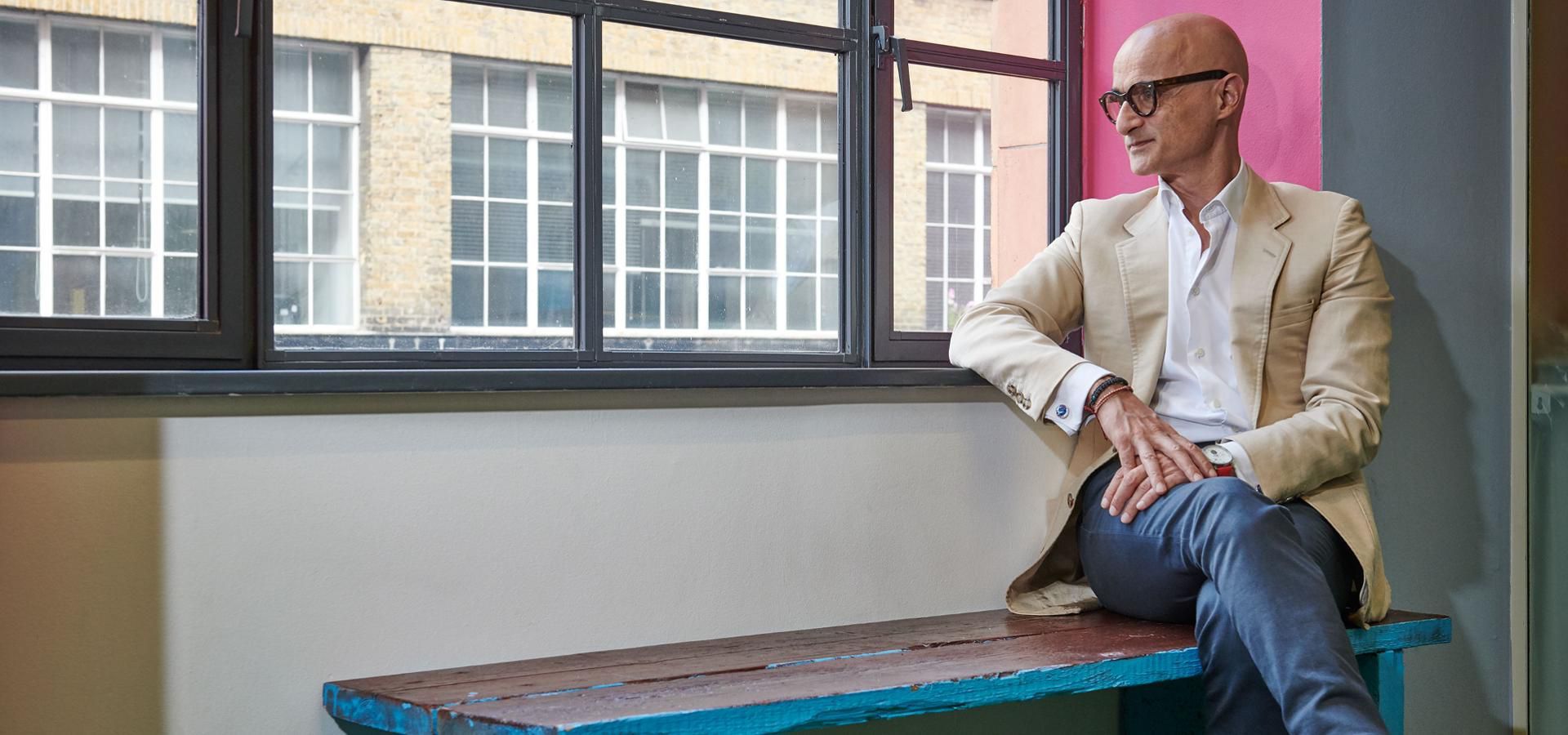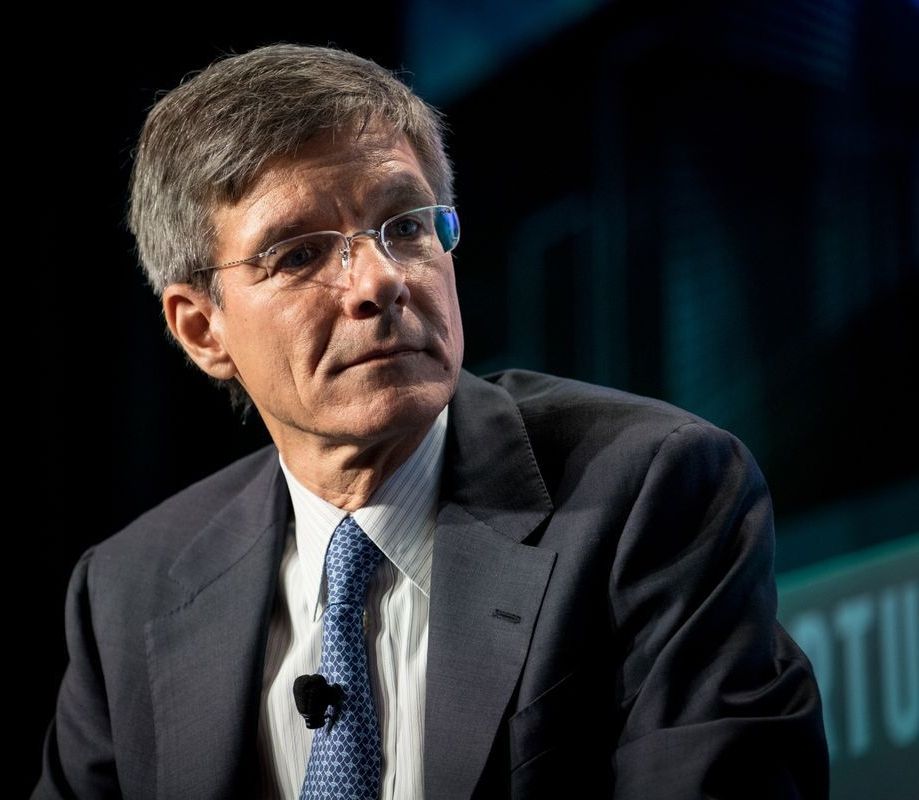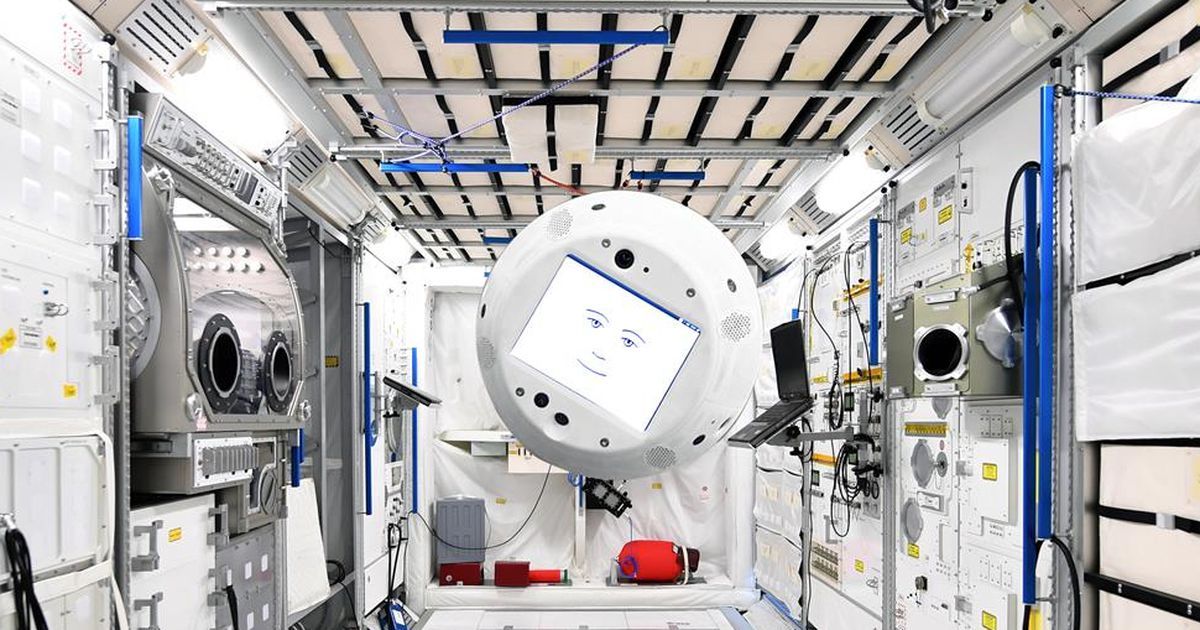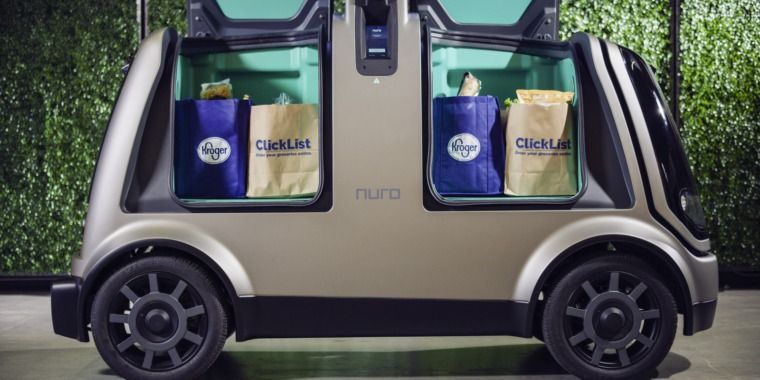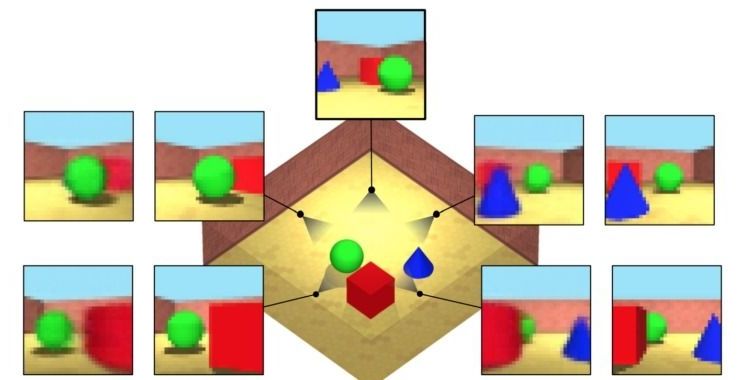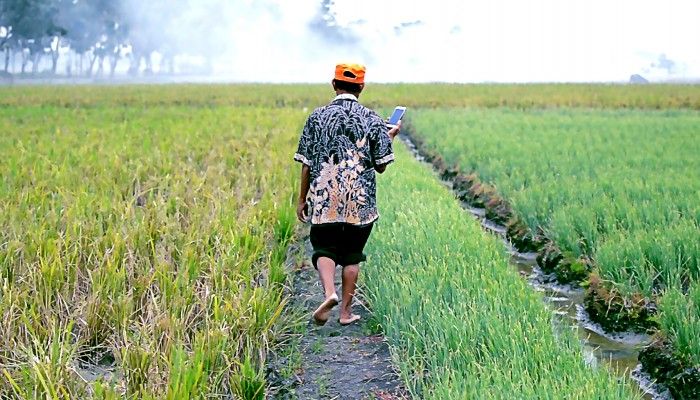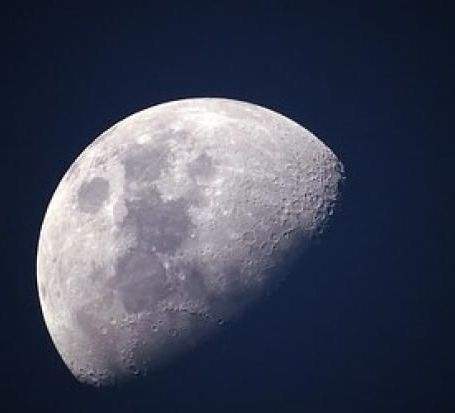Should we be fearful of artificial intelligence and the pace at which it’s progressing? Or should we fear fear itself and the risk of it stifling innovation?
Wherever this may be heading, the march of progress shows fews signs of slowing down. Which companies and countries are leading the way?
The chief scientist for AI research at Google Cloud Fei-Fei Li, along with Sinovation Ventures CEO Kai-Fu Lee and Jennifer Zhu Scott of Radian Partners, weigh in. And Professor Rita Singh shares how AI-powered technology may not only shape our future, but also perhaps our understanding of the past.
To learn more, check out the Center for the Fourth Industrial Revolution: https://www.weforum.org/center-for-the-fourth-industrial-revolution

